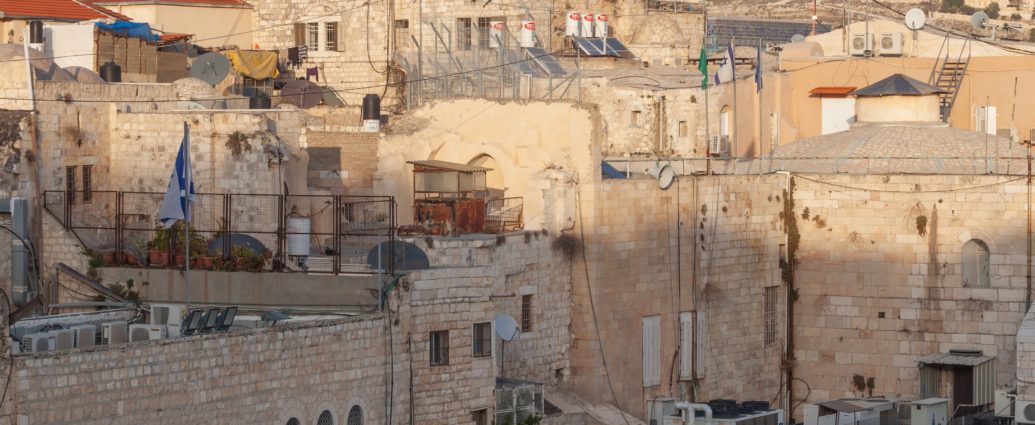Billi Allen-Mandeville
Shireen Abu Aqleh, a correspondent for Arabic news broadcaster Al-Jazeera, was shot and killed during a raid in the city of Jenin.
The Palestinian Ministry of Health announced the journalist’s death after being rushed to hospital in critical condition. Abu Aqleh’s colleagues say she was “murdered” after being shot in the face. Another Al Jazeera producer was also shot but is said to be in a “stable condition”.
The final image of Abu Aqleh shows her putting on a blue flak jacket with the word “PRESS” clearly displayed.
Horrible news: Al-Jazeera senior journalist Shireen Abu Aqleh @ShireenNasri shot dead by Israeli forces while covering a raid in Jenin (West Bank) today. Veteran reporter, covered conflict for >15 years pic.twitter.com/nyPbOCwj19
— Joyce Karam (@Joyce_Karam) May 11, 2022
The targeted killing of journalists is prohibited under the Geneva Conventions. As journalists are classed as civilians in the Geneva Conventions, warring parties must protect them. This is one of the most important protections afforded to journalists in conflict zones. The only exception to this occurs when a journalist directly participates in hostilities; only then could they lose their immunity and protection.
Shireen Abu Aqleh was wearing her press jacket, therefore whoever was involved in her death would be in breach of international law.
Prime Minister of Israel, Naftali Bennett, suggested: “It appears likely that armed Palestinians – who were firing indiscriminately at the time – were responsible for the unfortunate death of the journalist”. He went on to say that a thorough investigation would be conducted but accused “Palestinian terrorists” of preventing this from happening.
Prime Minister Bennett on the sad death of veteran journalist Shireen Abu Akleh:
"According to the information we have gathered, it appears likely that armed Palestinians — who were firing indiscriminately at the time — were responsible for the unfortunate death of the journalist— Prime Minister of Israel (@IsraeliPM) May 11, 2022
Witnesses were later interviewed and explained that Shireen and her fellow journalists were hundreds of yards away from where the raid was occurring.
This is not the first time that Al-Jazeera has experienced such an event. In May 2021, the broadcaster’s offices were bombed by Israeli forces.
Abu Aqleh chose to be a journalist “to be close to people.” In a video shared over social media shortly after her death, she continued: “It might not be easy to change the reality, but at least I was able to bring their voice to the world.”
Having reported in the area for over two decades, Abu Aqleh had become a household name across the West Bank and Jerusalem, telling the stories of both sides of the Palestinian-Israeli conflict. She made her name reporting on numerous historical moments including the second intifada, the Israeli siege of Jenin in 2002, the death of Yasser Arafat and many similar military raids.
In an interview, Abu Aqleh was asked if she was afraid of getting shot.
“Of course I get scared,” she replied.
“In a specific moment, you forget that fear. We don’t throw ourselves to death. We go and we try to find where we can stand and how to protect the team with me before I think about how I am going to go up on the screen and what I am going to say.”
Featured image courtesy of Yaopey Yong on Unsplash. No changes were made to this image. Image license can be found here.

